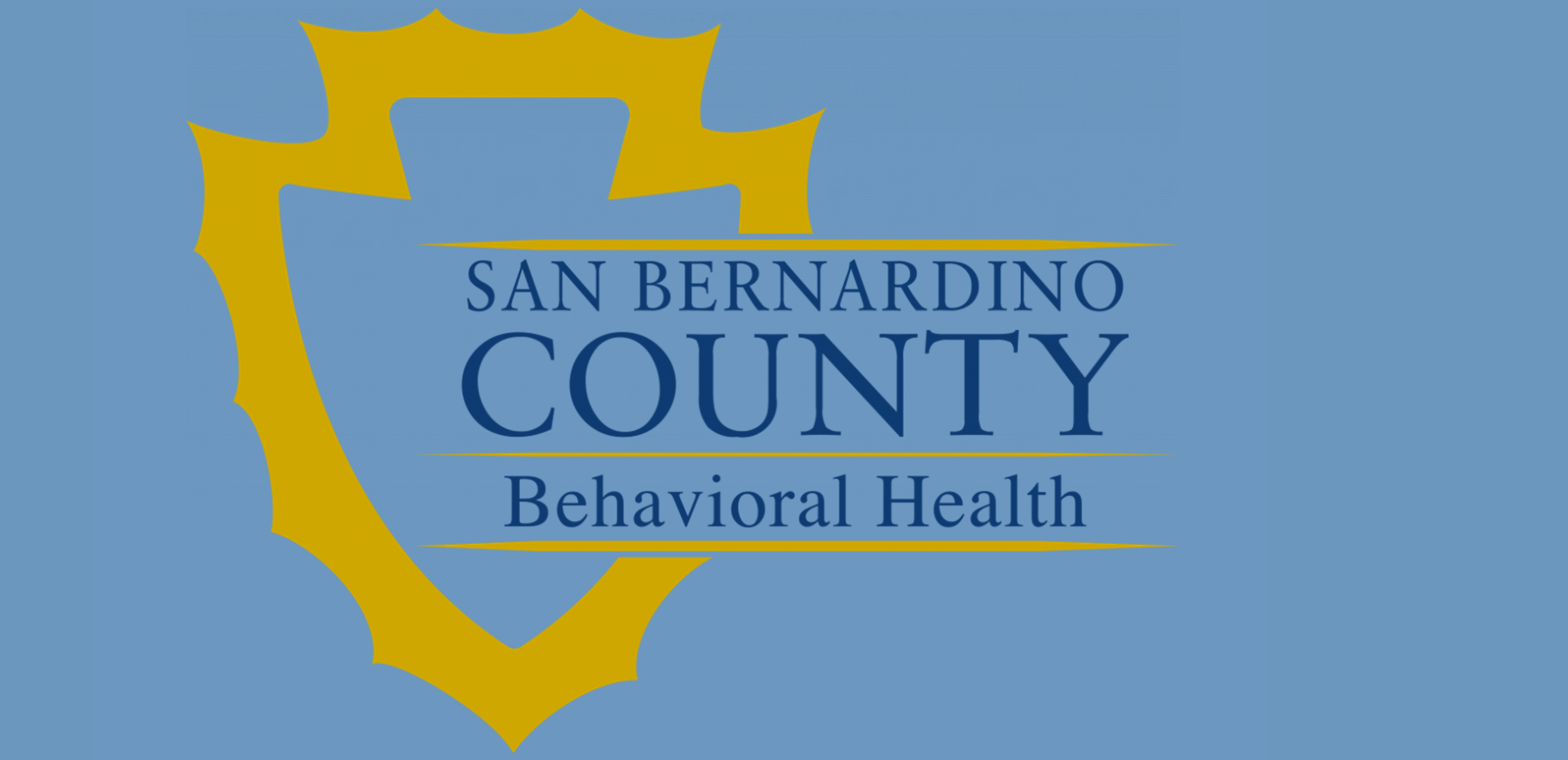
The Community Assistance, Recovery, and Empowerment (CARE) Act authorizes specified adult persons to petition a civil court to create a voluntary CARE agreement or a court-ordered CARE plan that can include treatment, housing support, and other services for persons with untreated schizophrenia or other psychotic disorders. The CARE Act creates a new pathway intended to deliver mental health treatment and support services upstream to the most severely impaired Californians who often experience homelessness or incarceration without treatment. This pathway is accessed when a person, called the “petitioner”, requests court-ordered treatment, services, support, and housing resources under the CARE Act prioritized for another person, called the “respondent”. The petitioner must fall under a specific group of people, such as specific family members, housemates, first responders, and behavioral health workers. The respondent must have a diagnosis on the schizophrenia spectrum or other psychotic disorders.
- Eligibility Criteria
-
The CARE Act is for people with schizophrenia spectrum or other psychotic disorders and provides a less restrictive alternative to state hospitalization or an involuntary conservatorship.
To be eligible, a person must meet the following criteria:
- Is 18 years of age or older.
- Is currently experiencing a severe mental illness, specifically schizophrenia or another psychotic disorder as defined in paragraph (2) of subdivision (b) of Section 5600.3 of the Healthy and Safety Code.
- Is not clinically stabilized in on-going voluntary treatment.
- Participation in a CARE plan or CARE agreement would be the least restrictive alternative necessary to ensure the person’s recovery and stability.
- It is likely that the person will benefit from participation in a CARE plan or CARE agreement.
- Where can I learn more about CARE Act procedures?
- Overview of Court’s Role in Implementation
-
The CARE Act 101 webinar provides an overview of the court's role in implementation and highlights key topics and spotlights areas of greater interest for local courts and justice partners including eligibility criteria, referrals, and the court process. The presentation is approximately 30 minutes.
- Preparing the Forms
-
Starting a CARE Act Petition can be done online or on paper. If you would like help with your forms, this link can be used to access a forms completion program that will help you fill in the forms in a question-and-answer format. If you would prefer to fill out the forms on your own; you may download, complete, and print out the forms below.
Form names marked with an asterisk ("*") are adopted for mandatory use by all courts.
Form Name Form Number Purpose Guide Information for Petitioners—About the CARE Act CARE-050-INFO Explains the CARE Act process, petitioner and respondent eligibility, what documents are needed to start the CARE Act process, and gives instruction on how to properly fill out the petition, form CARE-100. CARE Act Information for Respondents—About the CARE Act* CARE-060-INFO Provides information for the respondent about the CARE Act. Explains what CARE Act proceedings are, summarizes petitioner’s and respondent’s rights, and describes the role of a supporter. CARE Act Petition to Commence CARE Act Proceedings* CARE-100 Use this form to ask a court to start CARE Act proceedings on behalf of someone else. CARE Act Mental Health Declaration—CARE Act Proceedings* CARE-101 A licensed behavioral health professional uses this form to tell the court that they have determined that the respondent meets, or have reason to believe that the respondent meets, the legal requirements for CARE Act proceedings. CARE Act Order for CARE Act Report* CARE-105 States the court’s decision on requiring a county agency to investigate and file a report that includes whether the respondent meets or is likely to meet the legal requirements for the CARE process. CARE Act Notice of Order for CARE Act Report* CARE-106 Provides notice that a court has ordered a county agency to investigate and file a report that includes whether the respondent meets or is likely to meet the legal requirements for the CARE process. CARE Act Proof of Personal Service of Notice of Order for CARE Act Report CARE-107 Tells the court that the Notice of Order for CARE Act Report (form CARE-106) was delivered (served) in person to the respondent. CARE Act Notice of Initial Appearance—CARE Act Proceedings* CARE-110 Provides notice of the first court appearance to the respondent, the respondent’s counsel, and the county behavioral health agency in the county where the respondent lives (if different from where the proceedings have started). Also, if the county behavioral health agency is not the petitioner, to provide notice to the petitioner and county behavioral health agency in the county where the proceedings have started (if different from where the respondent lives). CARE Act Proof of Personal Service of Notice of Initial Appearance—CARE Act Proceedings CARE-111 Tells the court that the Notice of Initial Appearance—CARE Act Proceedings (form CARE-110) has been delivered (served) in person to the respondent. CARE Act Notice of Respondent's Rights—CARE Act Proceedings* CARE-113 Tells respondents what their rights are in the CARE Act process. CARE Act Notice of Hearing—CARE Act Proceedings* CARE-115 Gives notice of any CARE Act hearing that occurs after the first court appearance. CARE Act Proof of Personal Service of Notice of Hearing—CARE Act Proceedings CARE-116 Tells the court that the Notice of Hearing (CARE-115) has been delivered (served) in person to the respondent. CARE Act Request for New Order and Hearing—CARE Act Proceedings CARE-120 Asks the judge for a new or changed order and/or a hearing based on that request at any time during the CARE process. CARE Act - Additional Resources
-
- Information about the CARE Act on the Judicial Council of California Website
- Information about the CARE Act from the California Health & Human Services Agency
- CARE Act Fact Sheet
- CARE Act FAQs
All hearings for CARE Act will be held in Department F3 at the Fontana District, 17780 Arrow Boulevard, Fontana, CA 92335 with remote appearance availability.
LEARN MORE

Probate

Self Help Services
